Anne Lamott's Bird by Bird
Chapters 13 & 14
We’re onto the second section in Anne Lamott’s Bird by Bird — The Writing Frame Of Mind — and it’s getting a bit nebulous folks.
In “Looking Around,” Lamont encourages us to see, truly see, the world. That sounds like mindfulness training to Kim, it sounds like something else to Renee. And then it’s onto “The Moral Point of View” which brings out an even more heated discussion. In the end, we’re not sure if we learned anything, but we definitely got some stuff out of systems.
On a practical useful note, we have a great interview with editor Kristen Tate about how developmental editing can be used to save a novel, with some excellent advice about how she does this with her clients.
This Week's Interview: Kristin Tate, PhD
This week, we talk to a book coach and editor Kristen Tate, writer, editor, writing coach and proprietor of The Blue Garret. Her book, All the Words: A Year of Reading About Writing, is a collection of reviews of and reflections on writing craft books.
Kristen Tate has a PhD in English from Columbia University, with a focus on novels and publishing history. She is also the founder of the SF Bay Area chapter of the Editorial Freelancers Association and holds a Professional Editing Certificate from University of California at Berkeley.
Part II: The Writing Frame of Mind
You’re traveling through another dimension of Lamott’s book, a dimension not only of writing advice, but of philosophies about the state of one’s mind. A journey into a woo-woo part of the book whose boundaries are limited to her imagination. You’ve just crossed over into…Part Two of Bird by Bird.
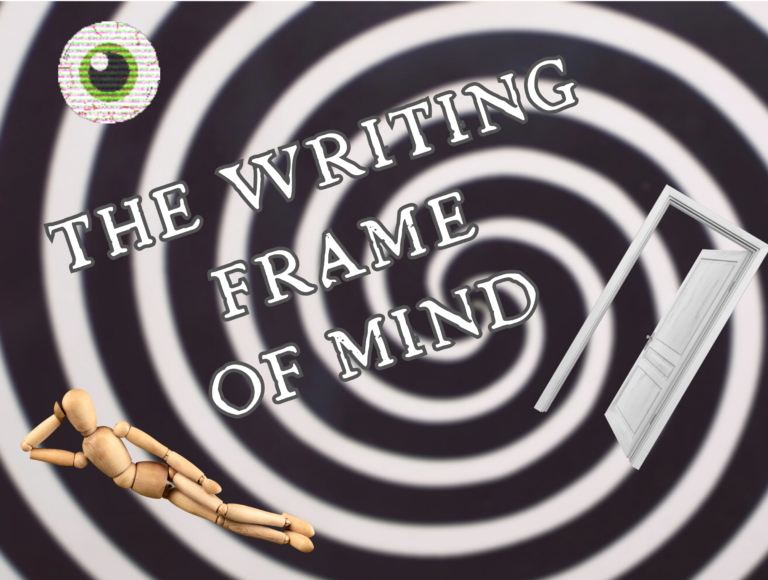
Why did no one tells us there was an interdimensional portal in this writing advice book? 👀
Looking Around....and around and around and around and...
With a title like “Looking Around,” an unsuspecting reader may think Lamott’s going to give us some writerly advice about details, finding them in the world, translating them into our stories. But we were wrong. But don’t panic, Dear Reader!
There is nothing wrong with your copy of Bird by Bird. Do not attempt to read these chapters with the same expectation for the rest of the book. Lamott is controlling the subject. If she wishes to sprinkle in words like “reverent” and “friendly detachment,” she will do so. If she wishes to impart advice about being “present and in awe” of the world, she will tape a Rumi poem to your wall (not really, that’s just what she did for herself). For the next couple of pages, sit quietly, and she will control all that you see and hear. We repeat, there is nothing wrong with your edition of Bird by Bird. Lamott is going to take you on a great adventure. You are about to experience the awe and mystery which reaches from the inner mind to…The Outer Limits of Writing Advice.
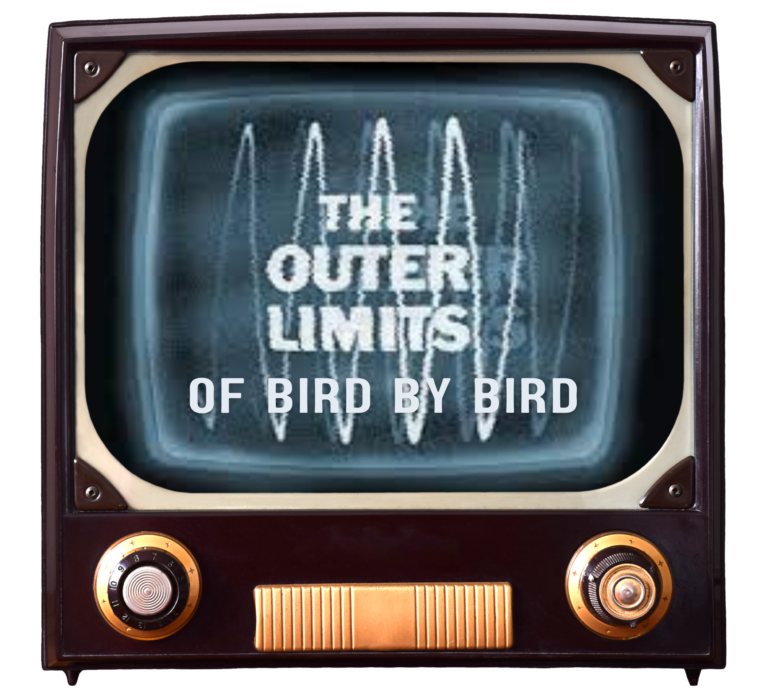
Perhaps we are being a little unfair. But we don’t know what to do about this. What does it mean? We dunno…you tell us:
“Writing involves seeing people suffer, and as Robert Stone once put it, finding some meaning therein. But you can’t do that if you’re not respectful. If you look at people and just see sloppy clothes or rich clothes, then you’re going to get them wrong.”
Ok, how about this one?
“So I keep trying gently to bring my mind back to what is really there to be seen, maybe to be seen and noted with a kind of reverence. Because if I don’t learn to do this, I think I’ll keep getting it wrong.”
Ok, let’s take a stab at it. We all know we’re supposed to make our characters suffer. Stakes and all that. But what does Lamott mean by being “respectful/reverent?” And what does it look like when you’re not? We’re clearly talking about black and white thinking here with “sloppy clothes or rich clothes” example. So what does “getting it wrong” look like in a novel? What is “being seen?” How does this mistake manifest itself in a novel? Flat characters? Intellectually stilted plots? Clichéic themes?
Thankfully, Kim, our trusty scientist, fills us in to what Lamott is actually hinting at: Mindfulness Meditation.
The Moral Point of View
There it is, your half finished novel, making faces at you from your desk. You’re about to throw it in a sack and abandon it out in the forest for the wolves (bread crumbs be damned!). If this is a familiar feeling, you’re not alone. Kim and Renee also have half finished novel protective services on speed dial. In this chapter, like the previous, Lamott dances around the point. After wading around her hints, we think it boils down to this:




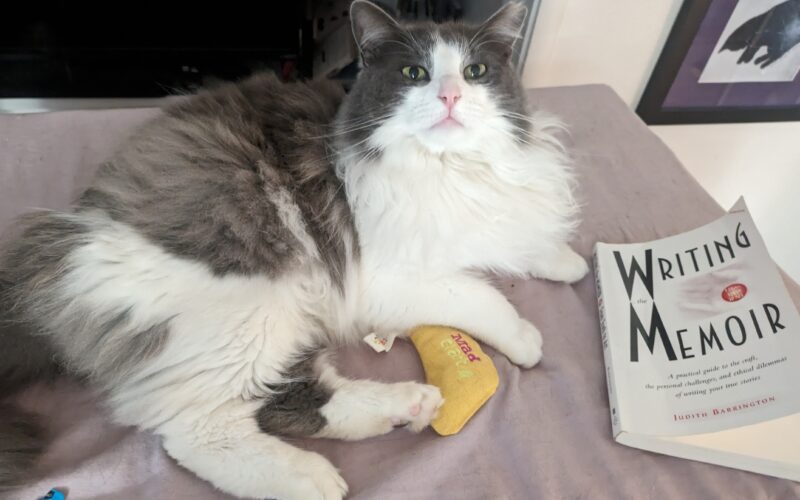
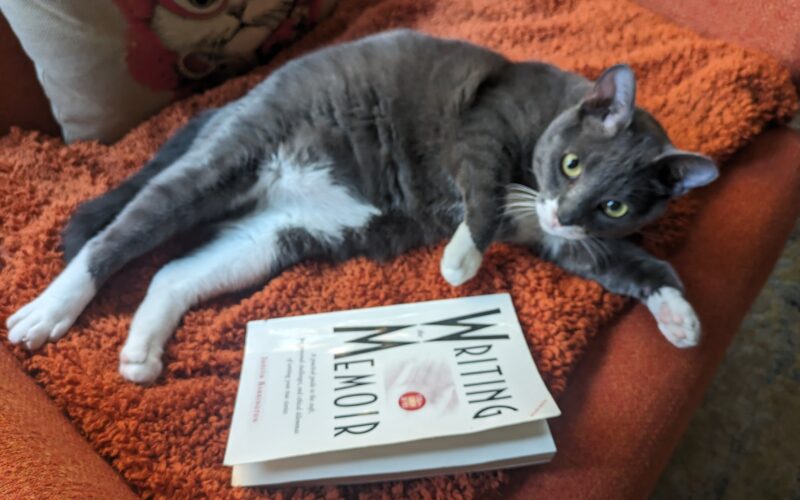
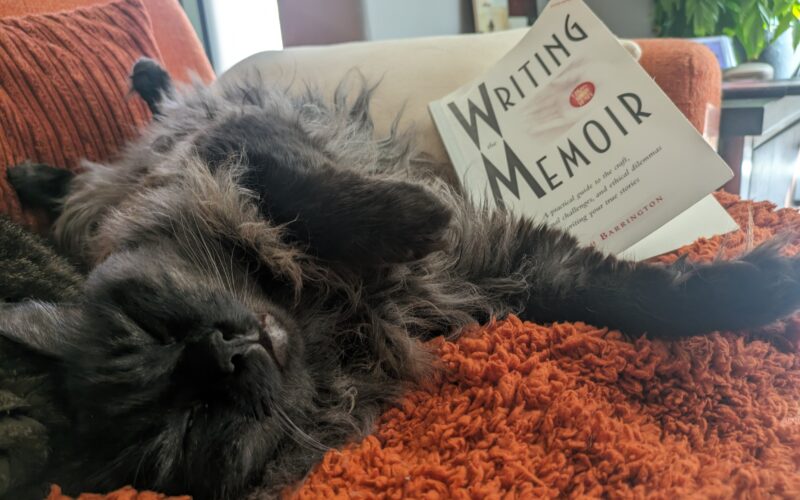
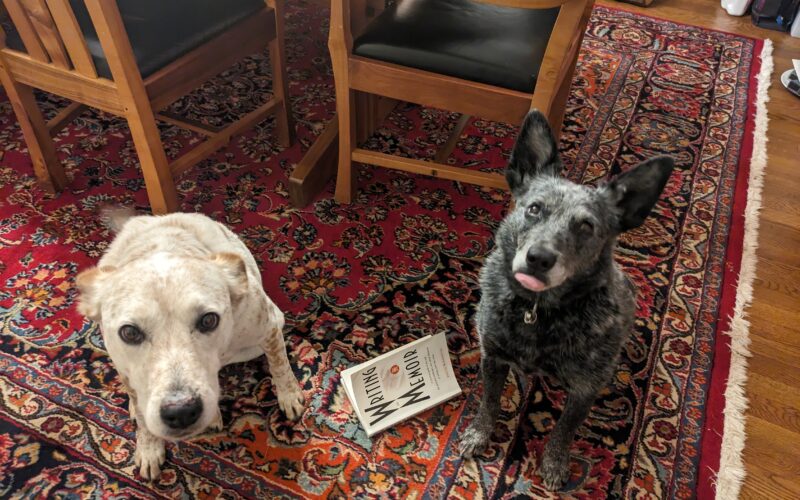
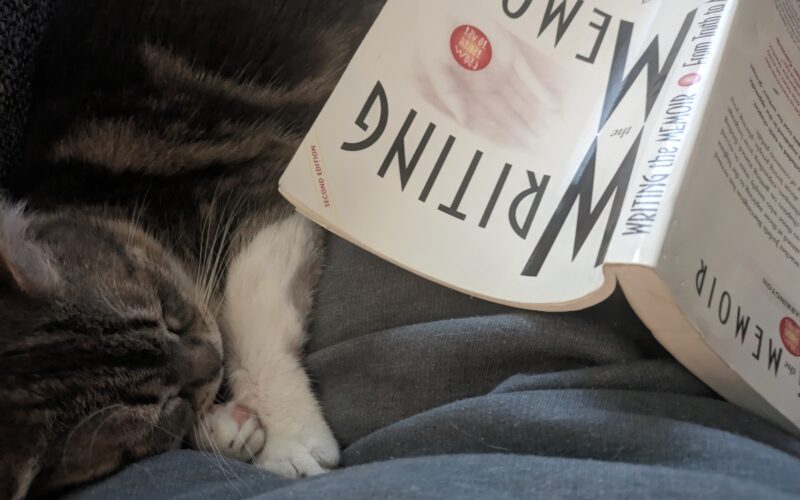
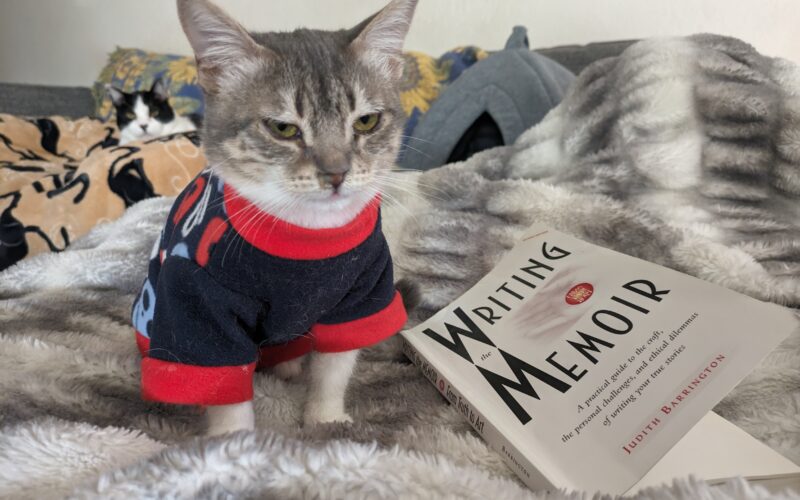
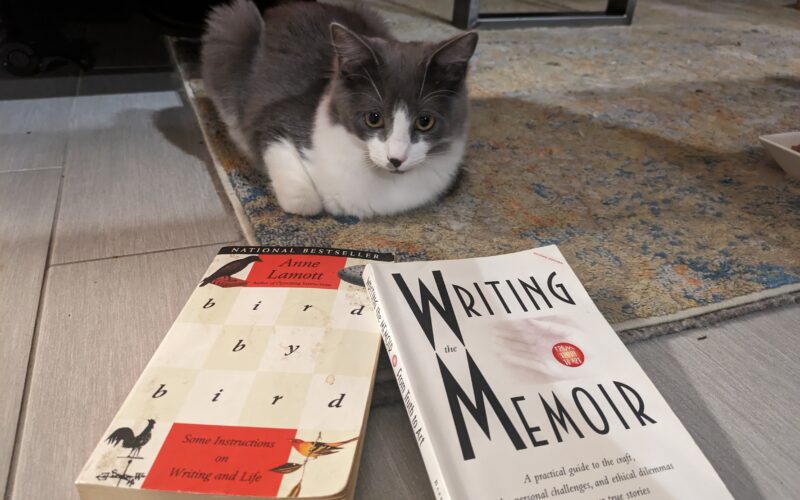
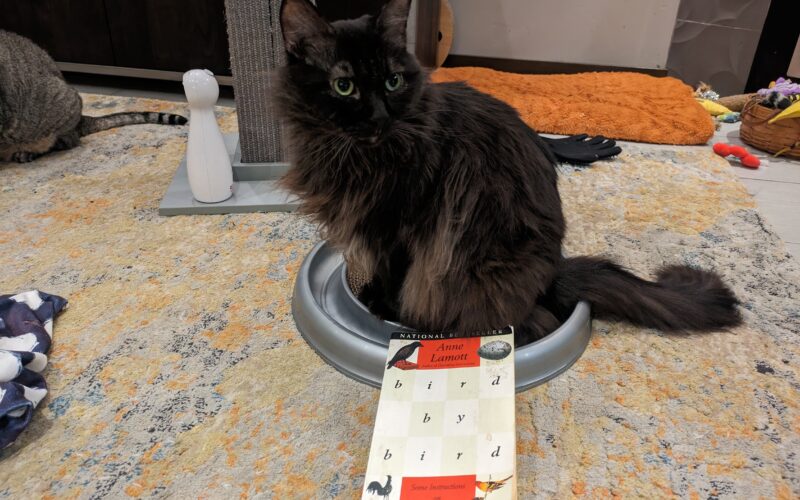
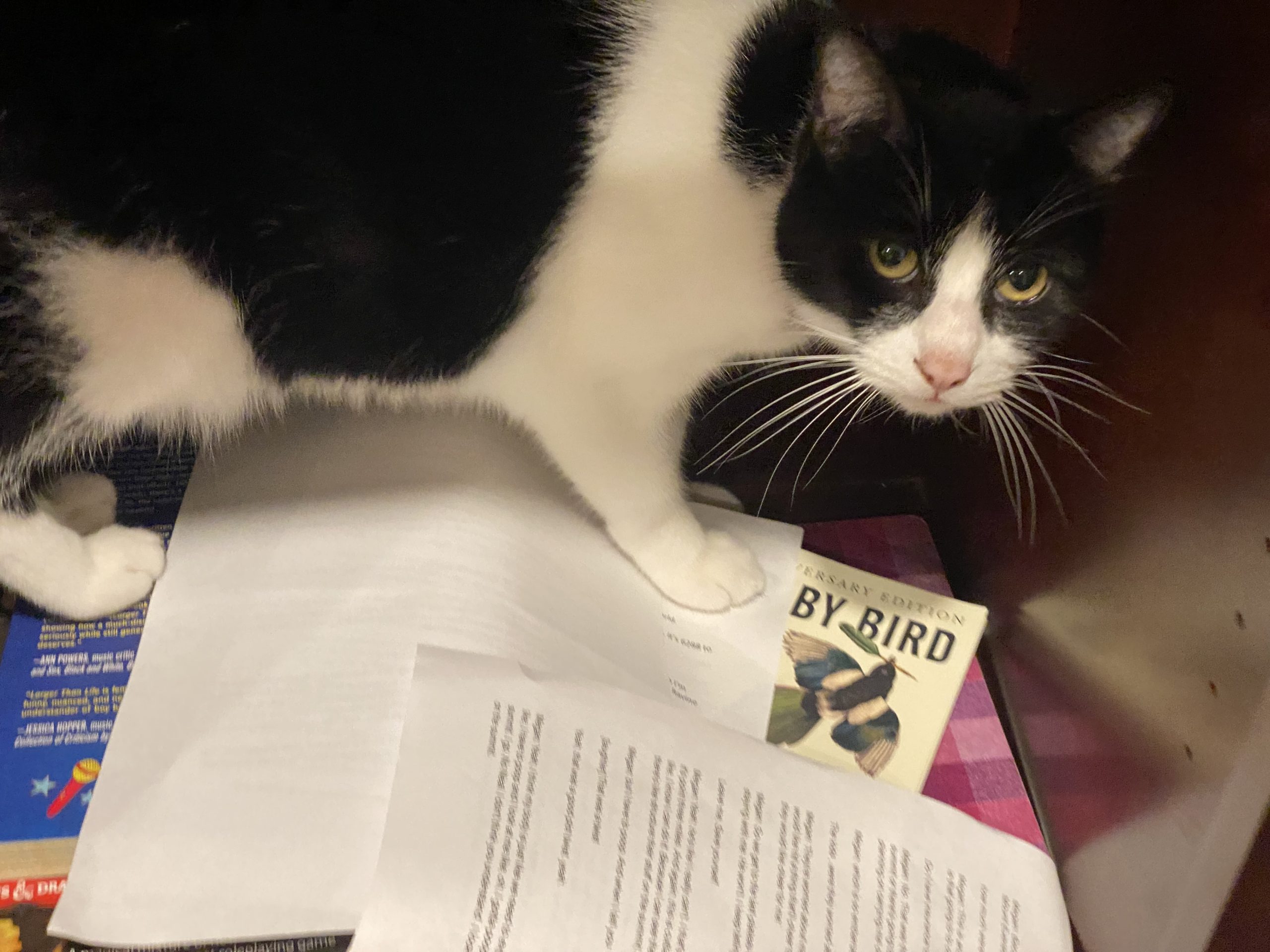
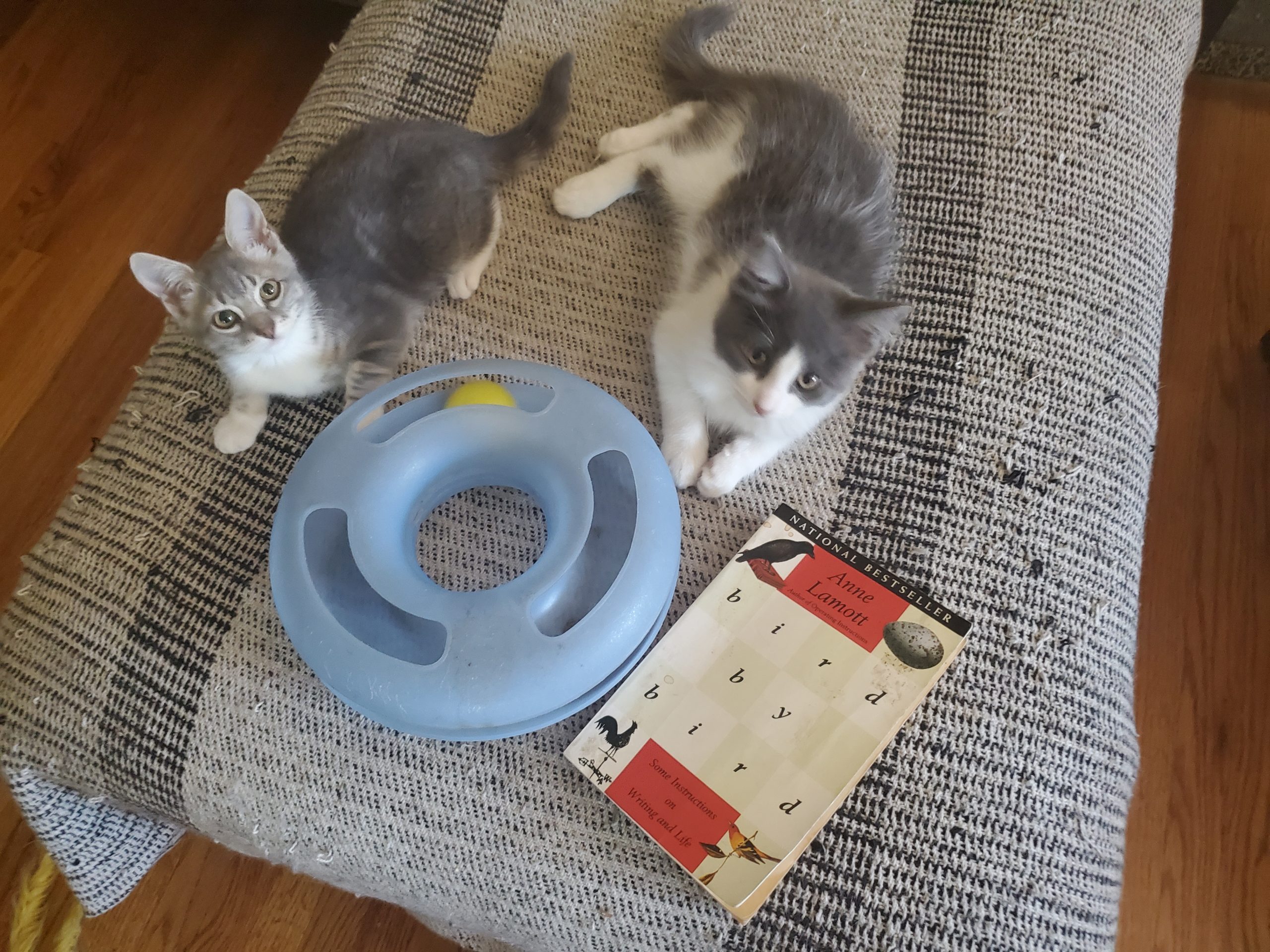
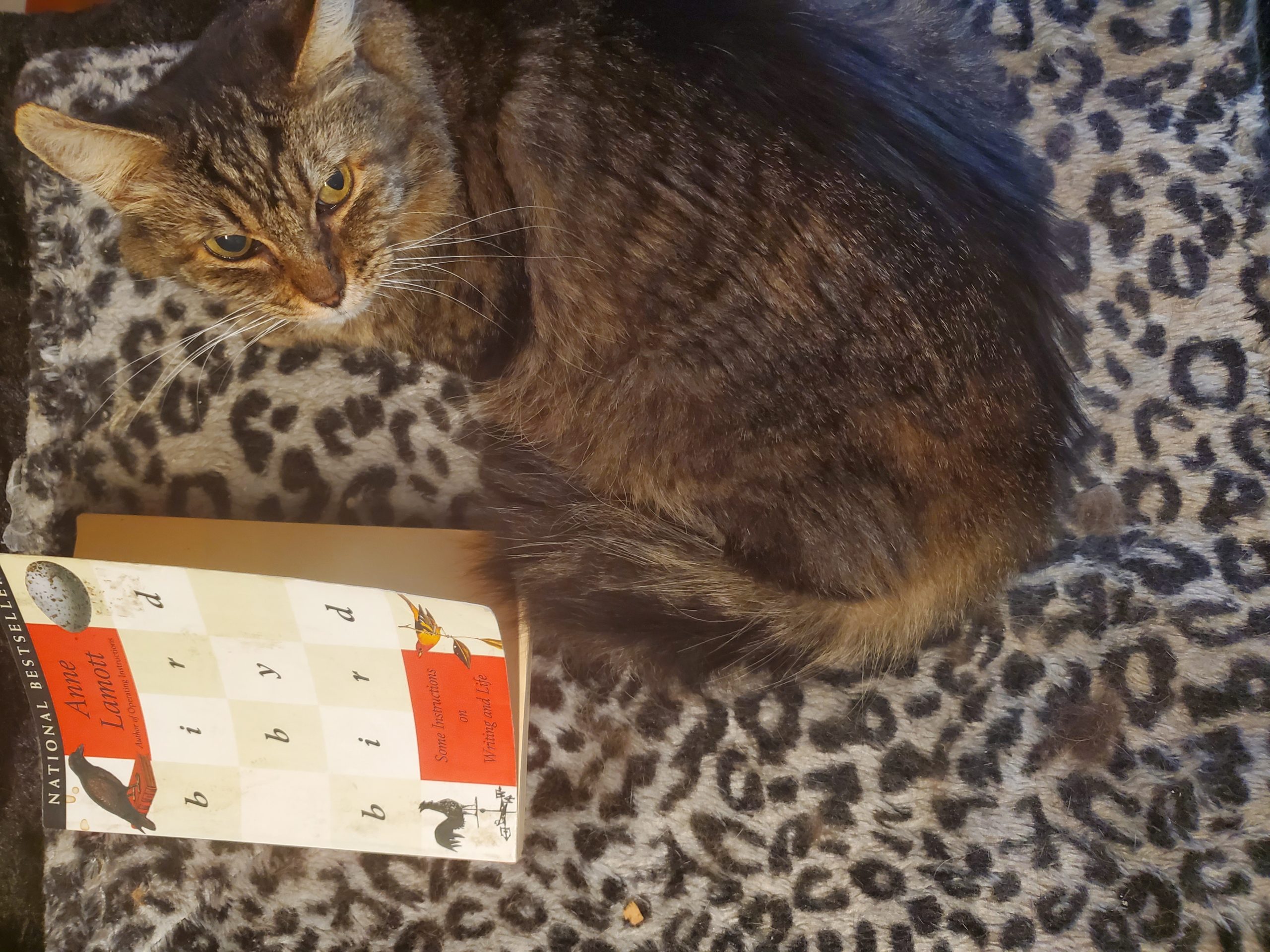

The Secret to Getting Your Short Stories Publish
Okay, maybe that's a bit of hyperbole, but not by much. In this stand alone episode we talk with Erik Klass, the entrepreneurial editor behind the submission service Submitit...